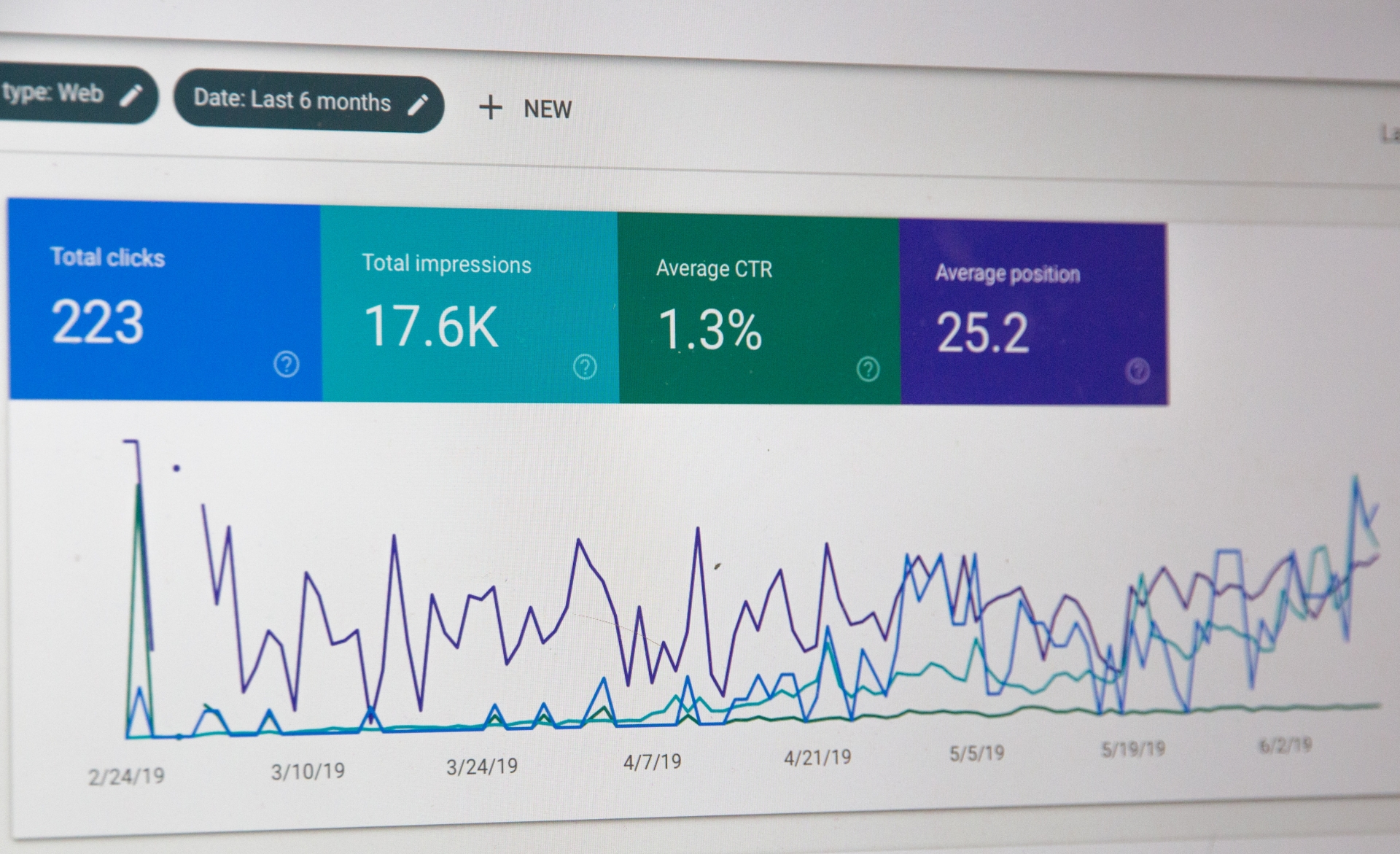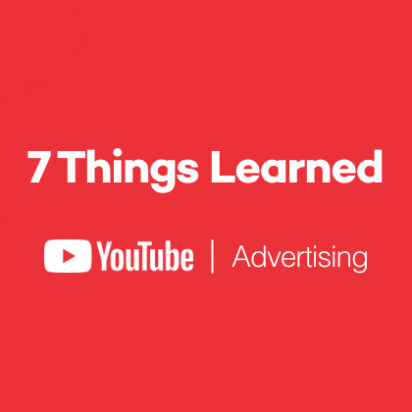
By now, the importance of good SEO is well established. Marketers everywhere are currently learning all they can in order to harness the full power of SEO. Despite this mass de-mystification, there are still some common misconceptions in circulation. Misconceptions that are no longer based in truth, as well as misconceptions that have never been true to begin with.
Here are five SEO myths debunked for the everyday marketer.
1. Organic results can automatically be improved by paid search
There is a widespread assumption that paid search and organic results have a correlation. But think about it — why would they? As SEO expert, Neil Patel, puts it “… they function on different terrain…”. And by that he means organic search results are sourced from the index database, while paid sponsored links are from bids and total investments. How paid search can help SEO, however, is with determining the most effective keywords. This is due to the fact that you can target and test more keywords with paid efforts, as well as monitor which are resonating best through campaign data.
2. The #1 organic search engine results page (SERPs) position is the only one that matters
While the number one spot in search results is obviously more valuable, that doesn’t mean the subsequent search results have no value at all. Based on aggregated numbers across several studies, the top organic position generally gets around 35% of total clicks, while this figure for second position sits between 10-15%, steadily declining to a measly 1% for the bottom result of the first page. Every bit of traffic counts. And if you can appear on page one multiple times, even better!
3. Social activity has no impact on SEO
This misconception is only true if you cannot think laterally, and was birthed from the fact that Google does not factor in social likes, tweets, and so forth. Yes, Google does not consider any of these metrics. But successful social activity does help with search engine discovery and indexation, as well as content distribution. Social activity places your content at centre stage in front of the right audience, which increases site visits, engagement, which may also lead to more links and shares — rinse and repeat. That’s how social activity really impacts your SEO.
4. Content alone will help your SEO
At headmark., we understand the value of content. But content alone isn’t enough to unlock your site’s maximum potential. There’s more to optimising SEO than relevant, timely, and high-quality content. And if the technical aspects of your site isn’t up to scratch, content can be wasted. Crawlability, UX, responsive design — ignoring these key crucial points could mean that no one actually sees the content you worked so hard to generate.
5. SEO results are permanent and do not require ongoing maintenance
SEO is the opposite of permanent. This is an active battleground with millions of details to consider. This is an active competition. Short-term results will only take you so far — you need to be mindful of both the current and the long term. But this isn’t a negative thing. In fact, there’s something deeply optimistic and pleasantly hopeful. If nothing in this space is permanent, then it means you could also have a fighting chance to make it to the top.



